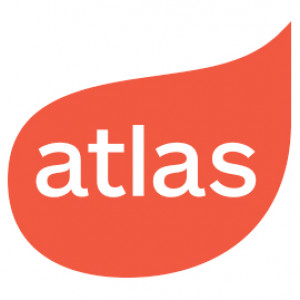 \
&
Contact us
\
&
Contact us
 \
&
Contact us
\
&
Contact us
The Excellent Science pillar has four specific objectives:

Atlas Integratie & Inburgering Antwerpen is an autonomous agency and a non-profit organisation responsible for implementing the Flemish integration policy on behalf of and for the City of Antwerp. Atlas offers several types of services for newcomers and Antwerp’s public and non-profit organisations.
In 2018, under the leadership of HafenCity University Hamburg, Atlas participated in the H2020 call 'Addressing the challenge of migrant integration through ICT-enabled solutions'. The proposal 'MICADO - Migrant Integration Cockpits and Dashboards' was approved by the European Commission and the project started in January 2019 and runs until June 2022.